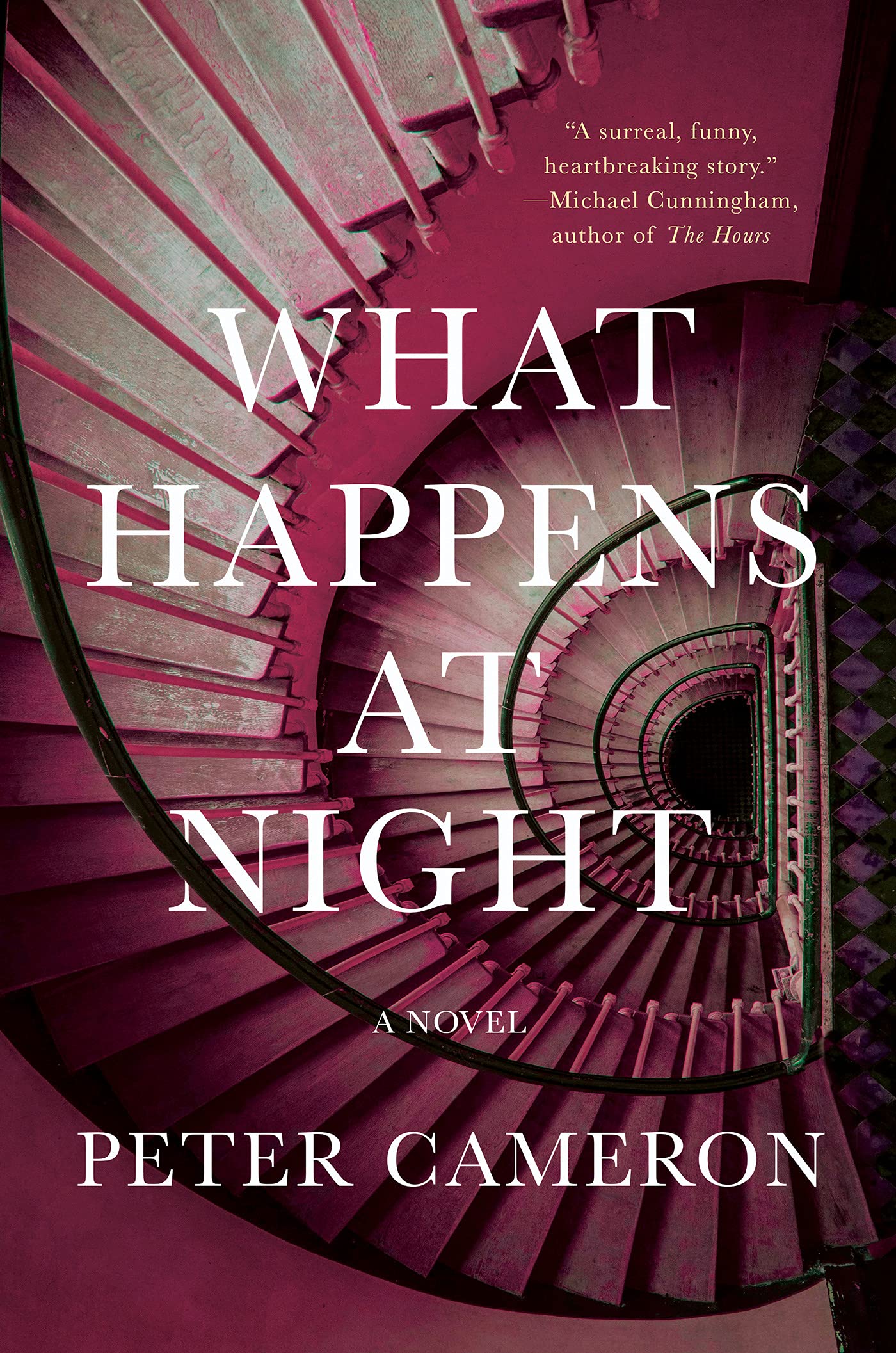Peter Cameron

Someday This Pain Will Be Useful to You
Peter Cameron
It’s time for eighteen-year-old James Sveck to begin his freshman year at Brown. Instead, he’s surfing the real estate listings, searching for a sanctuary—a nice farmhouse in Kansas, perhaps. Although James lives in twenty-first-century Manhattan, he’s more at home in the faraway worlds of Eric Rohmer or Anthony Trollope—or his favorite writer, the obscure and tragic Denton Welch. James’s sense of dislocation is exacerbated by his willfully self-absorbed parents, a disdainful sister, his Teutonically cryptic shrink, and an increasingly vague, D-list celebrity grandmother. Compounding matters is James’s growing infatuation with a handsome male colleague at the art gallery his mother owns, where James supposedly works at his summer job but where he actually plots his escape to the prairie.

What Happens at Night
Peter Cameron
A couple find themselves at a fading, grand European hotel full of eccentric and sometimes unsettling patrons in this "faultlessly elegant and quietly menacing" allegorical story that examines the significance of shifting desires and the uncertainty of reality (Garth Greenwell, author of Cleanness).
An unnamed American couple travels to a strange, snowy European city to adopt a baby. It’s a difficult journey that leaves the wife, who is struggling with cancer, desperately weak, and her husband worries that her illness will prevent the orphanage from releasing their child.
On arrival, the couple checks into the cavernous and eerily deserted Borgarfjaroasysla Grand Imperial Hotel where the bar is always open and the lobby populated with an enigmatic cast of characters ranging from an ancient, flamboyant chanteuse to a debauched businessman to an enigmatic faith healer. Nothing is as it seems in this baffling, frozen world, and the more the couple struggles to claim their baby, the less they seem to know about their marriage, themselves, and life itself.
For readers of Ian McEwan, Elizabeth Strout, and Iris Murdoch, What Happens at Night is a "masterpiece" (Edmund White) poised on the cusp of reality, told by "an elegantly acute and mysteriously beguiling writer" (Richard Eder, The Boston Globe).